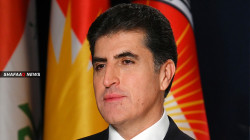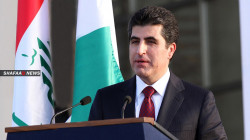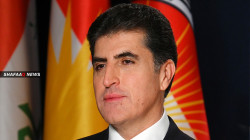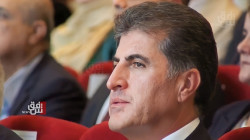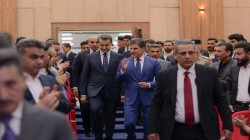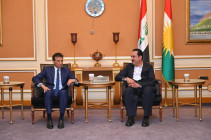How does President Barzani's determined leadership set the stage for a democratic milestone in KRI?
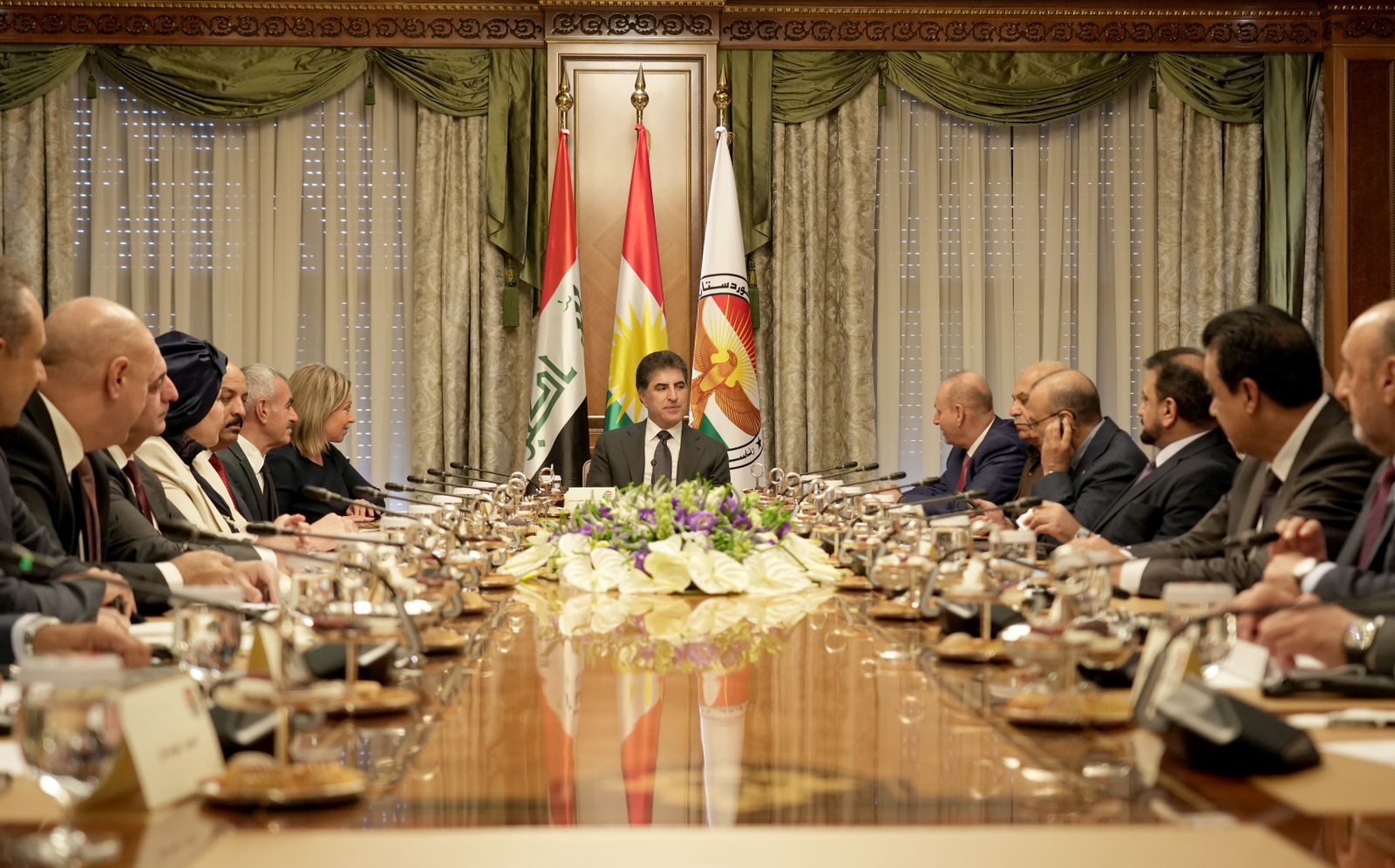
Shafaq News / The Kurdistan Region's (KRI) scheduled date for parliamentary elections is not merely a political event; it symbolizes an opportunity for popular participation in the region's sixth parliamentary term. President Nechirvan Barzani's relentless efforts and political acumen have been crucial in overcoming numerous obstacles and disputes, making this milestone possible.
Admittedly, the current situation is far from normal, as the last parliamentary elections in the region took place in 2018, marking the fifth since 1992. The postponement of the sixth elections for over a year was evident, but President Barzani's dynamic leadership broke the ice of stagnation, dismantled closed doors, and presented solutions.
Observers note that the recent announcement of the February 25, 2024 election date reflects KRI's success in fostering its democratic path, peaceful choices, and the ability of its political and social forces to coexist and compete freely. Moreover, it signifies a personal and political triumph for Barzani amidst internal and regional challenges that surround the Region.
KRI's parliament extended its term in October 2022, adding an extra year to the elections initially scheduled for that month. The delays triggered both internal and external criticisms, raising doubts about the Region's capacity to manage its democratic process effectively.
Although the primary parties' disputes revolve around election mechanisms and district allocations, they are just a part of a wider array of accumulated issues that Barzani worked diligently to resolve. His efforts aimed to prevent the political process from stalling and secure the Region's future, ultimately leading to the breakthrough of setting the election date. This decision drew attention and elicited praise, optimism, and welcome statements from Western capitals and human rights organizations.
Barzani's approach also extended to engage with all political parties in the region, not solely the Patriotic Union of Kurdistan (PUK), including channels of communication and consultation with other parties and movements like the Goran (Change) Movement, the Islamic Union, the Justice Group, and the Kurdistan Communist Party.
Gone are the days of intense conflict between the two main parties, as emphasized by Nechirvan Barzani, who sees those times as a distant memory, reminiscent of the turbulent 1990s. Yet, observers acknowledge that some disputes still linger, which he considers a natural element in the realm of politics and public affairs.
Embracing his role as the President of the Region, Barzani envisions the presidency as an inclusive position, not tethered to the fate of his party, the Kurdistan Democratic Party (KDP), or the historic rival, the PUK, holding 45 and 21 seats, respectively, in the current parliament.
For him, the crux of the matter lies in the successful conduct of the upcoming electoral process, driven by the objective of overcoming long-standing disputes between the parties. These disputes encompass vital issues such as budget allocation, efficient management of oil resources, electoral district divisions, security concerns, relations with Baghdad, and the delicate regional tensions tied to the Turkish and Iranian files.
Recently, Nechirvan Barzani initiated talks with the region's political forces to determine the date for the legislative elections. This proactive step received a warm reception from political parties, expressing their readiness to support and ensure the success of the elections. The President's tireless efforts towards fostering unity, strategic political positioning, and addressing crucial matters have been recognized as indispensable by these parties.
Following these directives and previous efforts, the two main parties convened multiple meetings on July 9th in Erbil and al-Sulaymaniyah to address lingering issues between them. On July 31st, during a meeting at the late Iraqi President Jalal Talabani's residence, the parties agreed to safeguard the region's entity and constitutional rights. Moreover, they pledged their support for the initiative to conduct regional elections at a date determined by the Region's president, in consultation with the political forces.
This party consensus received a swift welcome from the US Consulate in Erbil, expressing its hope to witness progress as the parties come together to negotiate remaining matters for the benefit of KRI’s people.
In the aftermath of this pivotal party gathering, Nechirvan Barzani issued a Regional decree last Thursday, scheduling the sixth parliamentary elections in KRI for February 25, 2024. Delshad Shahab, the spokesperson for KRI's presidency, called on all relevant parties to cooperate and coordinate with the Independent High Electoral Commission to execute this decree.
Representing a political triumph for the Region, particularly for the presidency, messages of acclaim flowed in from foreign diplomatic missions. US Ambassador to Iraq, Alina Romanowski, stressed the crucial necessity of free, fair, and timely elections for a sound democracy.
Furthermore, statements of praise were also issued by embassies and consulates of countries such as Canada, the Netherlands, Italy, the UK, France, and the EU. They called for cooperation from all parties to ensure the success of the electoral process.
It is well-known that the election law in the region dictates the naming of the new Regional president and the formation of the government by the bloc that secures the highest number of parliamentary seats during the elections. The process falls under the supervision of the Federal Electoral Commission in Baghdad and is monitored by the UN mission.
Observers believe that the elections themselves may not entirely resolve all issues and crises. Nevertheless, the ballot boxes set to open on February 25th, diligently prepared by Nechirvan Barzani, offer an optimal and secure path to address challenges.
These challenges encompass elevating the economic and living conditions of the Region's residents and addressing accumulated disputes with Baghdad regarding budget, oil and gas resources, and sales.
Additionally, it involves unifying and enhancing the efficiency of various security and military agencies in the Region, alongside tackling security challenges posed by terrorism and occasional tensions with Ankara and Tehran due to issues related to the Kurdistan Workers' Party (PKK) and Iranian factions' presence in the region. These issues are all ones that Nechirvan Barzani appears adept at balancing, either through his amicable regional relations or his skillful handling of internal disputes with the Region's political forces.
